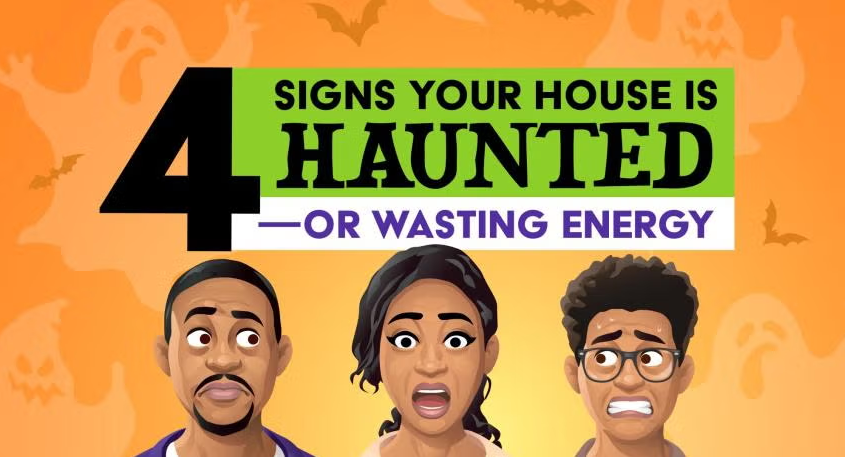When ice and heavy snow bring down limbs and power lines, safety is a consideration indoors and out. Make sure you know how to weather the storm.
When outside, stay away from downed power lines:
- A power line need not be sparking or arcing to be energized. Equipment near power lines can also be energized and dangerous.
- Lines that appear to be “dead” can become energized as crews work to restore power or sometimes from improper use of emergency generators. Assume all low and downed lines are energized and dangerous. If you see a downed or sagging line, contact your utility.
- Motorists should never drive over a downed line, as snagging a line could pull down a pole or other equipment and cause other hazards.
- Be careful approaching intersections where traffic or crossing lights may be out.
- If you plan to use a generator, know how to operate it safely
- Before a winter storm, have supplies on hand and know how to stay warm:
- Always keep a battery-powered radio or TV, flashlights, and a supply of fresh batteries. Also, have water, blankets, and non-perishable food.
- When power goes out, it often comes back in spikes. This can damage electronics. Keep your electronics safe by unplugging them when the power goes out. Leave one lamp or switch on as a signal for when your power returns.
- To prevent water pipes from freezing, keep faucets turned on slightly, so water drips from the tap. Know how to shut off water valves in case a pipe bursts.
- Never use a charcoal grill to cook or heat with inside the home. Burning charcoal gives off deadly carbon monoxide gas. Charcoal grills should only be used outdoors.
- If you live with a child or elderly person, you may need to take them somewhere with power, so they can stay warm. If you are healthy enough to stay home safely, there are ways to stay warm: stay inside and dress warmly in layered clothing.
- Close off unneeded rooms.
- When using an alternate heat source, follow operating instructions, use fire safeguards, and be sure to ventilate properly.


